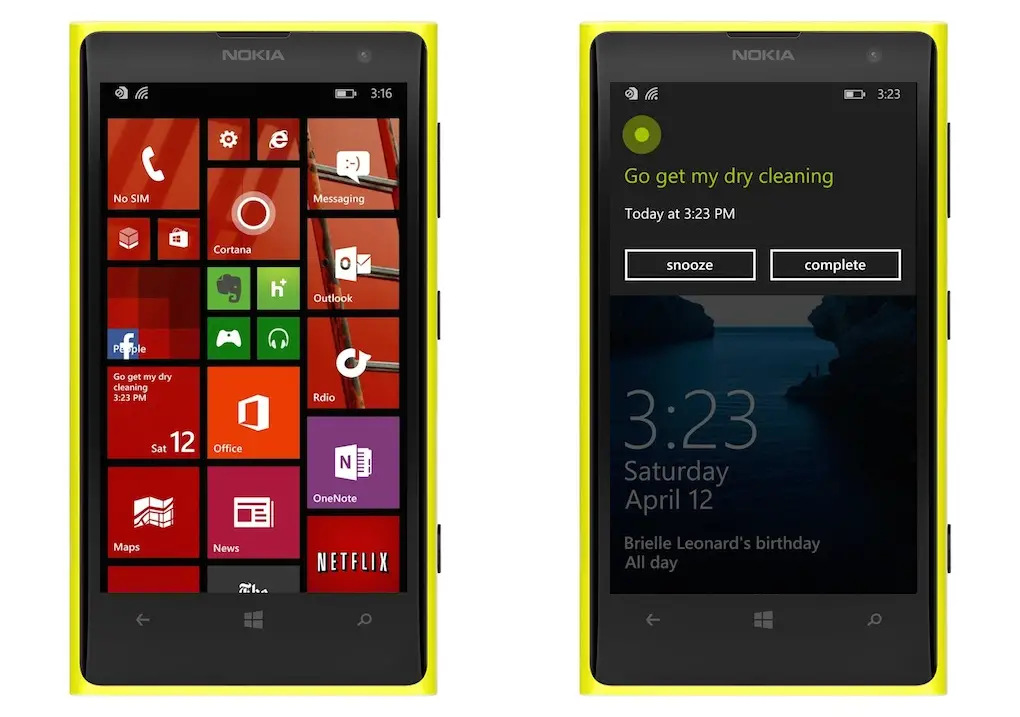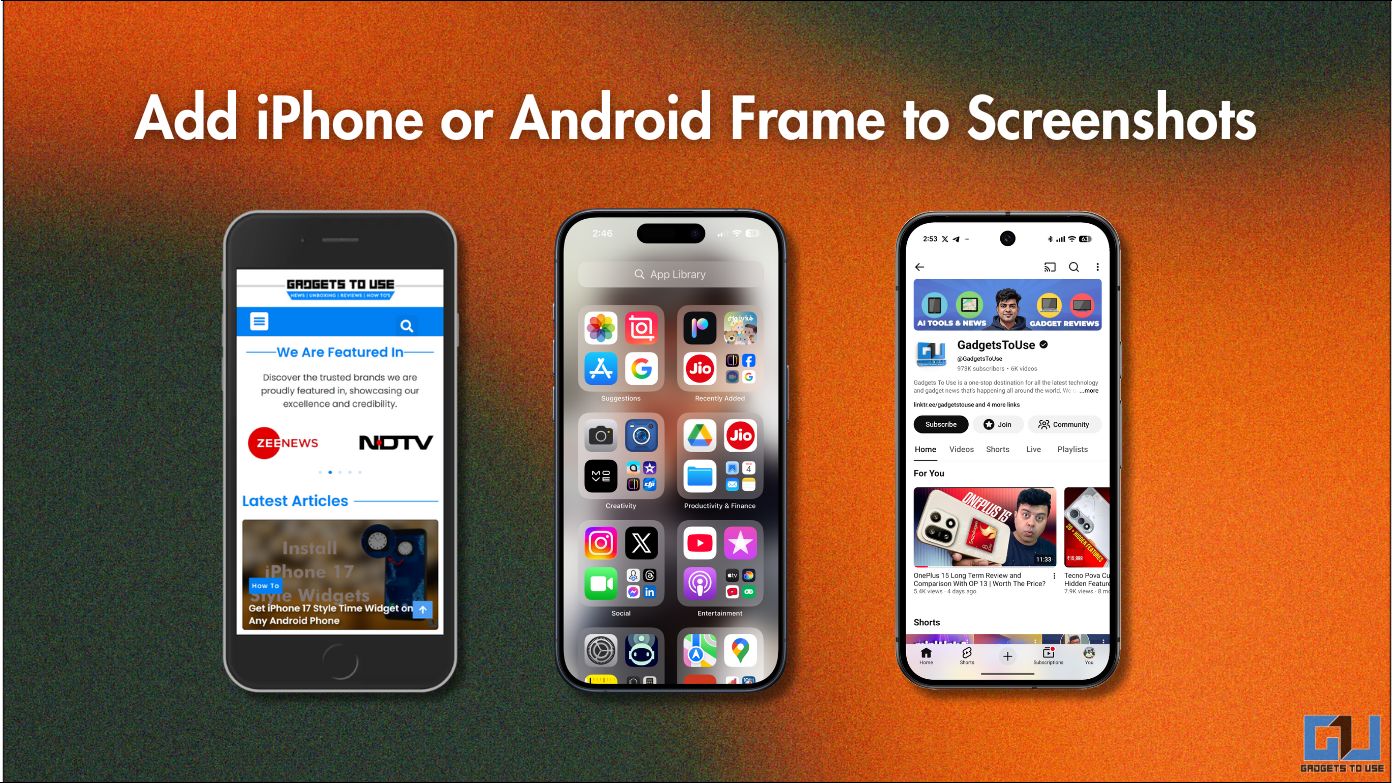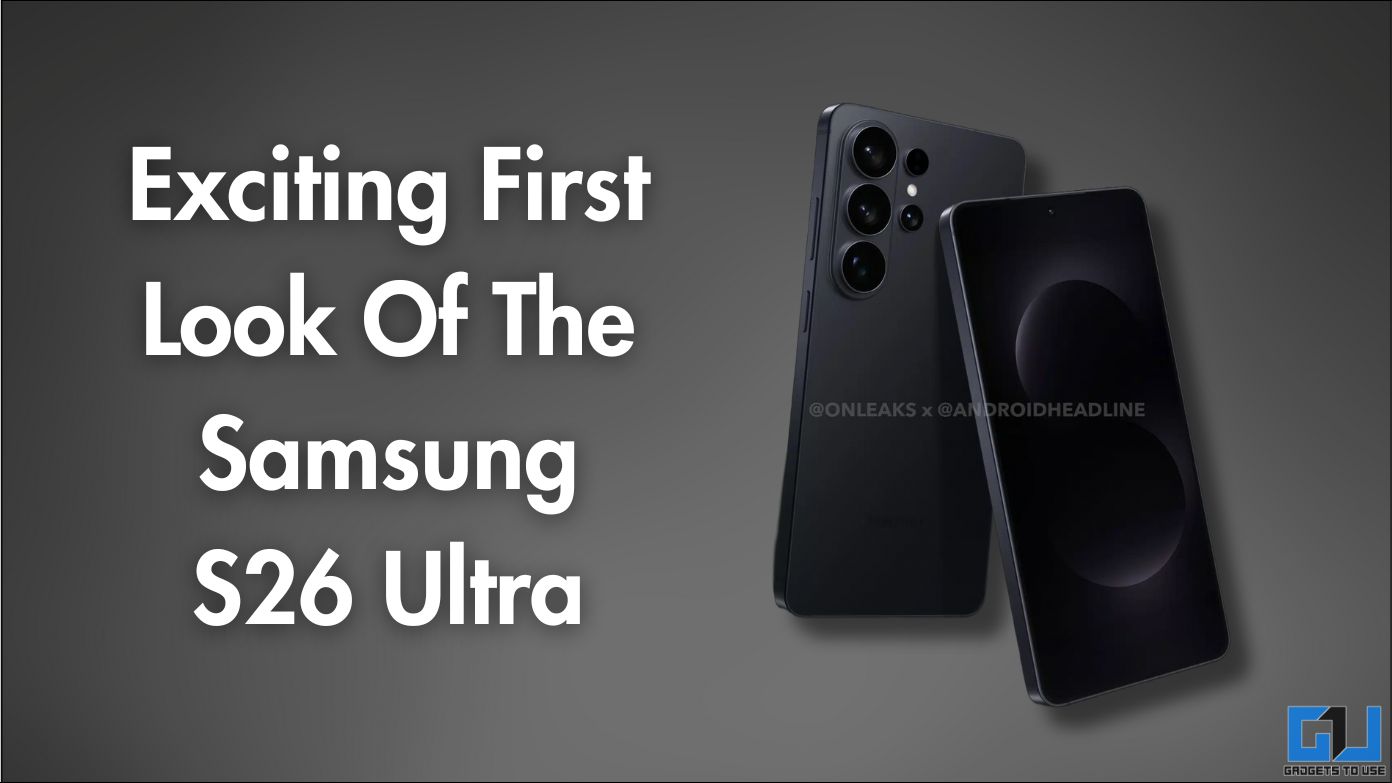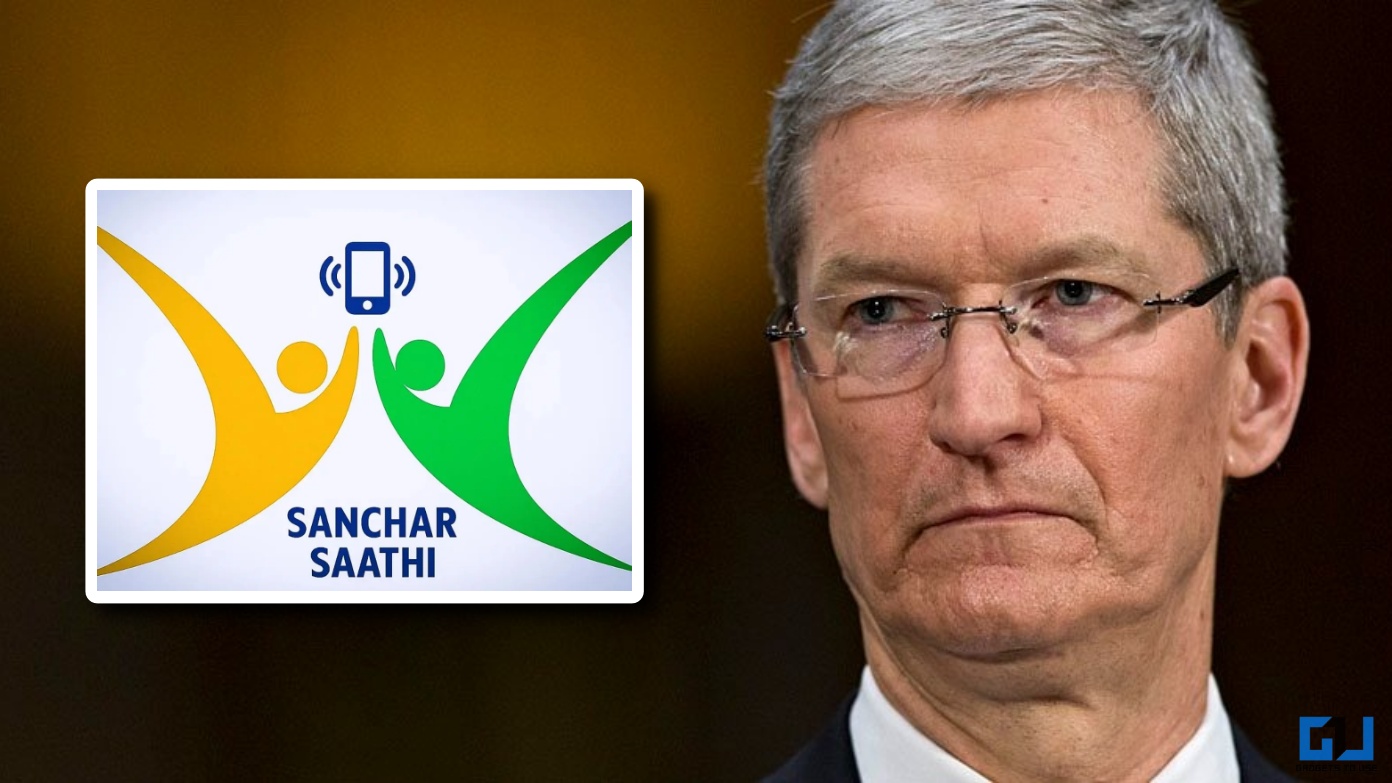Quick Answer
- It is also worth noting that many popular mobile apps either never arrived on Windows Phone, or the companies never pay as much attention to maintaining their apps for the Windows platform.
- The end of support means that Microsoft is not going to release any sort of updates such as security patches, bug fixes, or any other software update for Windows Phone 8.
- 1 or older version will be using the phone without any update or support from the company unless their handset is eligible for a software update.
Windows Phone is now going to be the thing of past. Microsoft is officially ending support for the most popular version of its mobile operating system – Windows Phone 8.1. According to reports, more than 80 percent of Windows Phone handsets run on this OS.
The end of support means that Microsoft is not going to release any sort of updates such as security patches, bug fixes, or any other software update for Windows Phone 8.1. The company has already ended support for older versions like Windows Phone 7 and Windows Phone 8 in October 2014 and January 2016 respectively.
Now, users who have a handset running Windows Phone 8.1 or older version will be using the phone without any update or support from the company unless their handset is eligible for a software update.
It should be noted that a handful of handsets running Windows Phone 8.1 Denim update were expected to receive Windows 10 Mobile update. So, either most of these phones haven’t received the new software update, or the users are not updating. The handsets include Lumia 1520, Lumia 930, Lumia 830, and Lumia 735.
Along with this several popular apps also started ditching Microsoft’s mobile operating system. Evernote, the note-taking app has already removed its app from the Windows Phone Store earlier this month. WhatsApp, the most popular messenger also has ditched several versions of the operating system over the recent years. Microsoft also pulled its own LinkedIn app from the Windows Store last month, after not updating it for months.
It is also worth noting that many popular mobile apps either never arrived on Windows Phone, or the companies never pay as much attention to maintaining their apps for the Windows platform. This also stifled the platform’s app ecosystem as developers were not that keen to create apps for a relatively small user base. Because of this, the users of these phones always felt being left out of the app economy.
The Windows Phone OS was launched to counter the most popular operating systems for the phones – iOS and Android. The operating system with the tile-based design was different though, but it never really became that popular. Also, because of the lack of popularity and users, manufacturers too were not much interested in creating phones for Windows.
Microsoft may have plans to continue its phone business by announcing a Windows 10 mobile-based smartphone in the future. For now though, it doesn’t look like there’s anything on the horizon.













